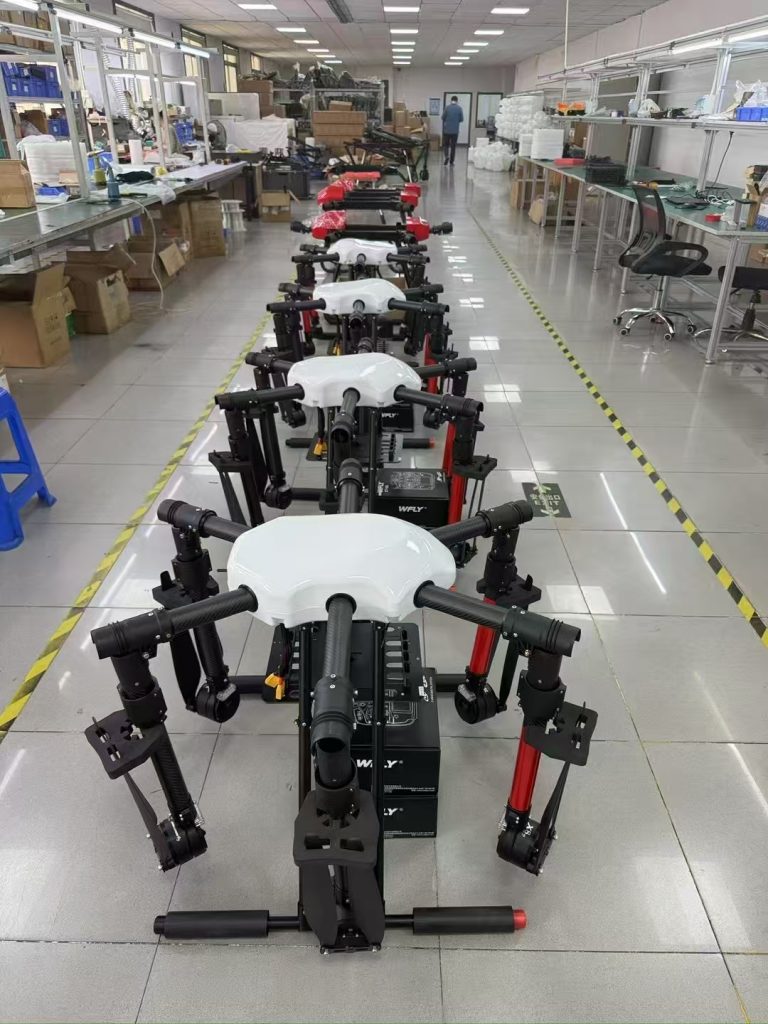
Purchasing Agricultural Drones from China for Use in Singapore: A Smart Investment in Modern Farming
In recent years, agricultural drones have revolutionized farming practices worldwide, offering precision, efficiency, and cost savings. For Singapore—an urbanized nation with limited arable land but a strong focus on food security—adopting advanced agricultural technologies is crucial. Sourcing high-quality agricultural drones directly from China presents a strategic opportunity for Singaporean farmers, agribusinesses, and research institutions to enhance productivity while minimizing labor and resource costs.
Why Choose Chinese Agricultural Drones?
China is a global leader in drone manufacturing, particularly in the agricultural sector. Chinese-made agricultural drones are known for their cutting-edge technology, reliability, and competitive pricing. These drones are equipped with advanced features such as GPS-guided navigation, high-precision spraying systems, multispectral imaging for crop monitoring, and AI-powered data analysis.
Key advantages of purchasing from China include:
-
Cost-Effectiveness – Chinese manufacturers offer high-performance drones at a fraction of the cost compared to Western brands, making them accessible for small and large-scale farms alike.
-
Technological Innovation – The latest models come with automated flight paths, variable-rate application (VRA) for fertilizers and pesticides, and real-time crop health assessments, optimizing resource use.
-
Customization & Scalability – Buyers can select drones based on payload capacity, flight endurance, and specific farming needs, whether for crop spraying, seeding, or monitoring.
-
Strong Export Infrastructure – China’s well-established export logistics ensure fast, reliable shipping to Singapore, with proper customs compliance and after-sales support.
Key Considerations When Importing to Singapore
While purchasing Chinese agricultural drones is a smart move, buyers should keep the following in mind:
-
Regulatory Compliance
-
Singapore’s Agriculture Productivity Fund (APF) and National Environment Agency (NEA) may have guidelines on drone usage, pesticide application, and airspace regulations.
-
Ensure the drones meet local safety standards and obtain necessary approvals before operation.
-
-
Shipping & Logistics
-
Most Chinese drone manufacturers offer international shipping to Singapore, either via air freight (for faster delivery) or sea freight (for bulk orders).
-
Buyers should confirm customs duties, taxes, and import documentation requirements (e.g., product certifications, invoices).
-
-
After-Sales Support & Training
-
While many Chinese suppliers provide warranty services and technical support, it’s advisable to confirm local service availability or training programs for operators.
-
Some sellers may offer remote setup assistance or digital manuals in English.
-
-
Battery & Power Considerations
-
Agricultural drones typically use lithium-polymer (LiPo) batteries, which may have specific air transport restrictions.
-
Buyers should check battery safety regulations and ensure proper storage and charging facilities in Singapore.
-
Applications in Singapore’s Agricultural Sector
Even with limited farmland, Singapore leverages urban farming, vertical agriculture, and high-tech greenhouse solutions. Agricultural drones can be used for:
-
Precision Spraying – Reducing chemical waste and ensuring even coverage in small farms.
-
Crop Monitoring – Using multispectral cameras to detect pest infestations, water stress, and nutrient deficiencies.
-
Seeding & Fertilizing – Automating seed distribution and fertilizer application in controlled environments.
-
Research & Development – Supporting agritech innovation in Singapore’s agricultural laboratories and smart farms.
Conclusion: A Strategic Move for Singapore’s Agri-Tech Future
Importing agricultural drones from China is a cost-efficient and technologically advanced solution for Singapore’s farming sector. With superior performance, customizable features, and competitive pricing, Chinese drones can help boost productivity, reduce labor dependency, and support sustainable agriculture.
By carefully navigating regulatory requirements, logistics, and after-sales support, Singaporean buyers can seamlessly integrate these drones into their farming operations—contributing to a smarter, more resilient food production system.
For those ready to embrace agricultural innovation, Chinese-made drones offer a reliable pathway to modern farming success in Singapore.
THE END

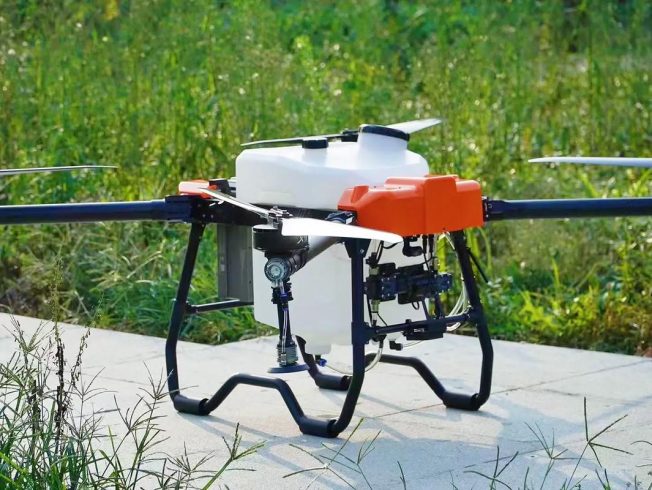
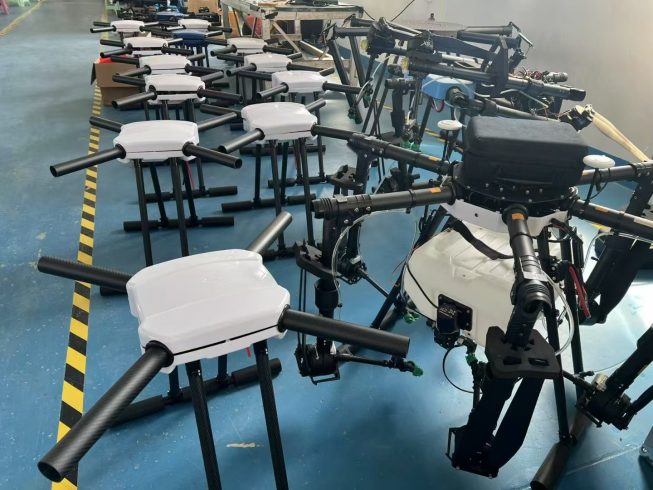
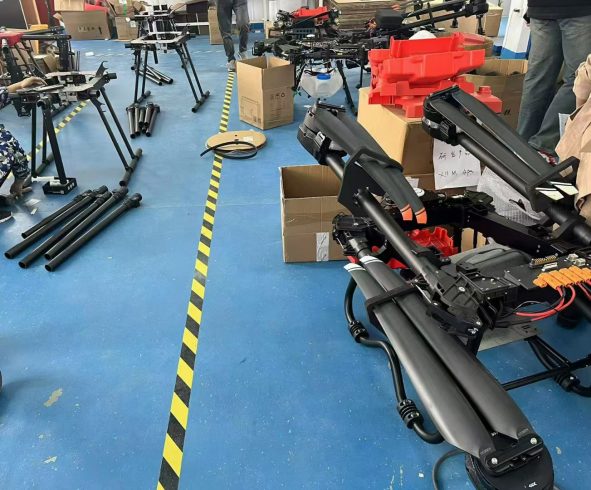
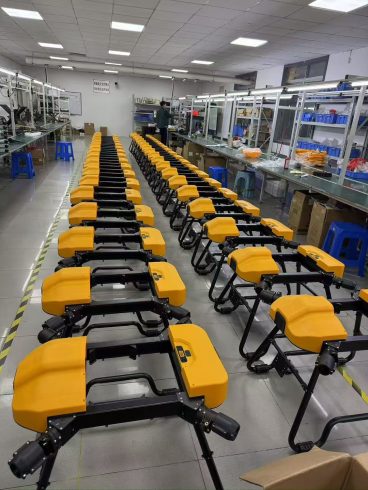

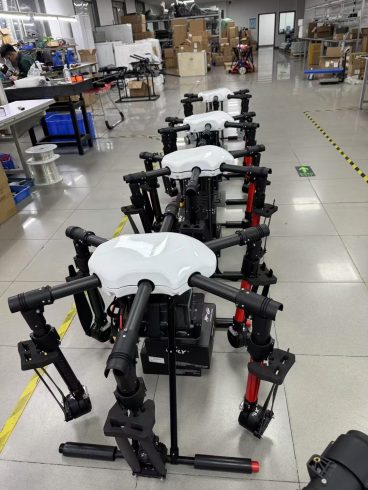
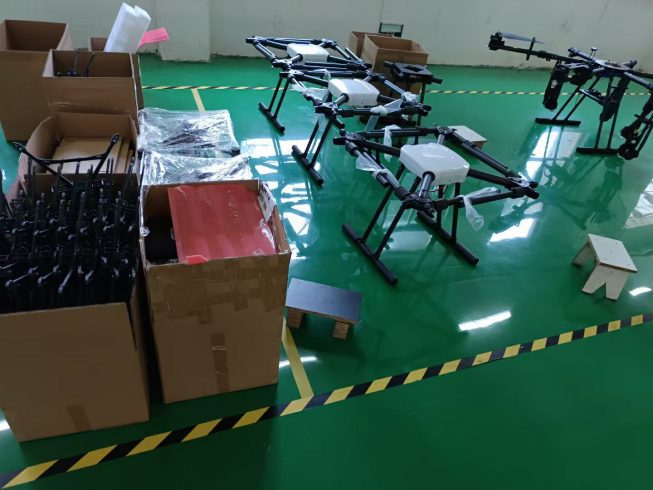
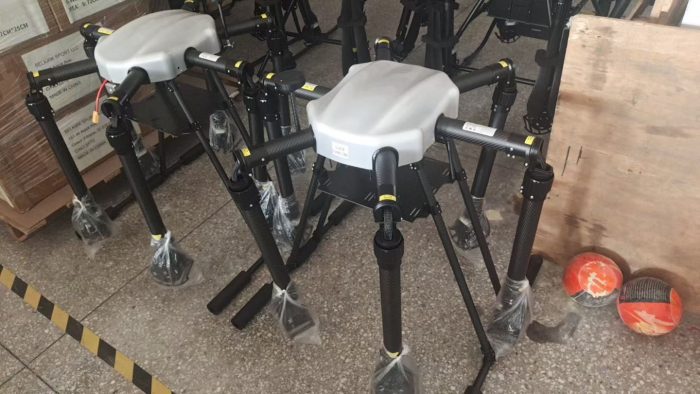
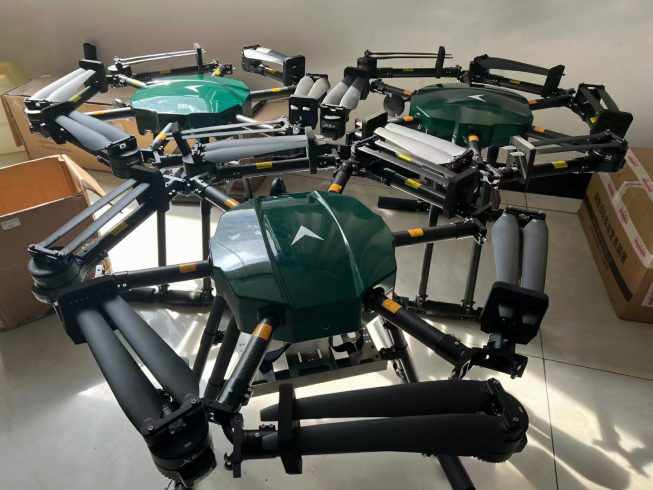
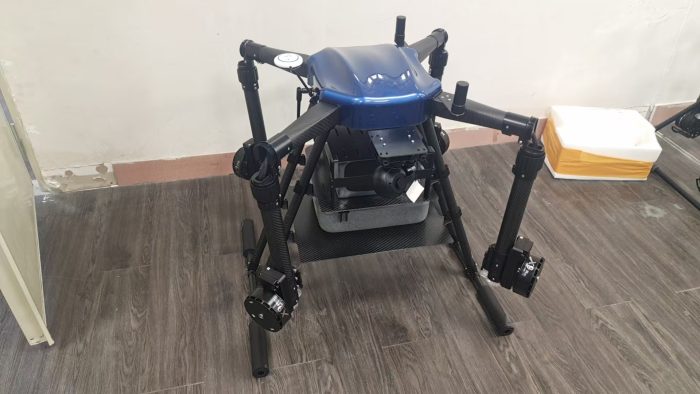

暂无评论内容